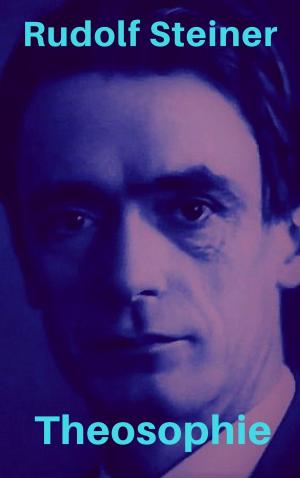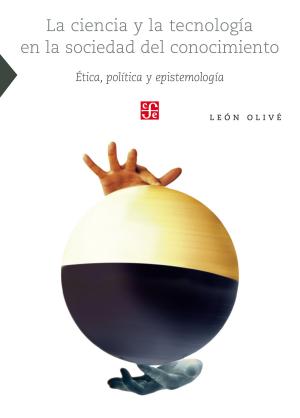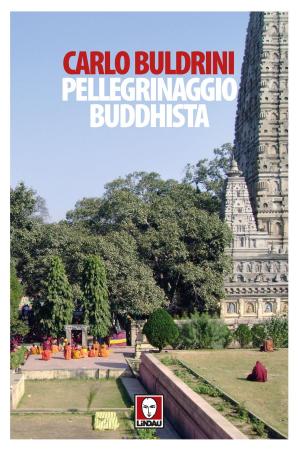| Author: | Joseph Rickaby | ISBN: | 9788822851062 |
| Publisher: | Joseph Rickaby | Publication: | September 29, 2016 |
| Imprint: | Language: | English |
| Author: | Joseph Rickaby |
| ISBN: | 9788822851062 |
| Publisher: | Joseph Rickaby |
| Publication: | September 29, 2016 |
| Imprint: | |
| Language: | English |
- Moral Philosophy is the science of human acts in their bearing on human happiness and human duty.
- Those acts alone are properly called human, which a man is master of to do or not to do. A human act, then, is an act voluntary and free. A man is what his human acts make him.
- A voluntary act is an act that proceeds from the will with a knowledge of the end to which the act tends.
- A free act is an act which so proceeds from the will that under the same antecedent conditions it might have not proceeded.
An act may be more or less voluntary, and more or less free. - Moral Philosophy is divided into Ethics, Deontology, and Natural Law. Ethics consider human acts in their bearing on human happiness; or, what is the same thing, in their agreement or disagreement with man's rational nature, and their making for or against his last end. Deontology is the study of moral obligation, or the fixing of what logicians call the comprehension of the idea I ought. Ethics deal with "the becoming"; Deontology with "the obligatory".
- Moral Philosophy is the science of human acts in their bearing on human happiness and human duty.
- Those acts alone are properly called human, which a man is master of to do or not to do. A human act, then, is an act voluntary and free. A man is what his human acts make him.
- A voluntary act is an act that proceeds from the will with a knowledge of the end to which the act tends.
- A free act is an act which so proceeds from the will that under the same antecedent conditions it might have not proceeded.
An act may be more or less voluntary, and more or less free. - Moral Philosophy is divided into Ethics, Deontology, and Natural Law. Ethics consider human acts in their bearing on human happiness; or, what is the same thing, in their agreement or disagreement with man's rational nature, and their making for or against his last end. Deontology is the study of moral obligation, or the fixing of what logicians call the comprehension of the idea I ought. Ethics deal with "the becoming"; Deontology with "the obligatory".















